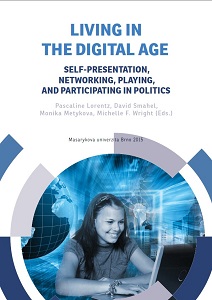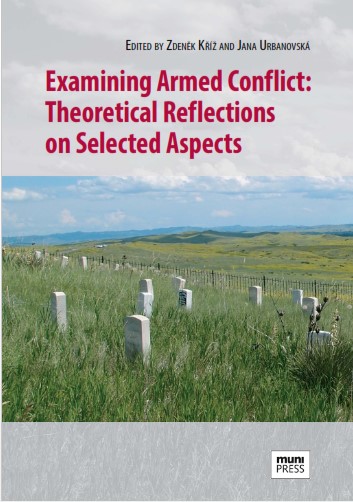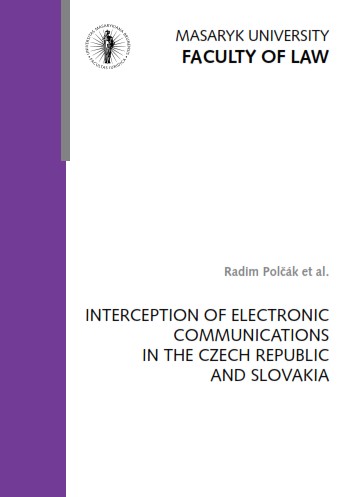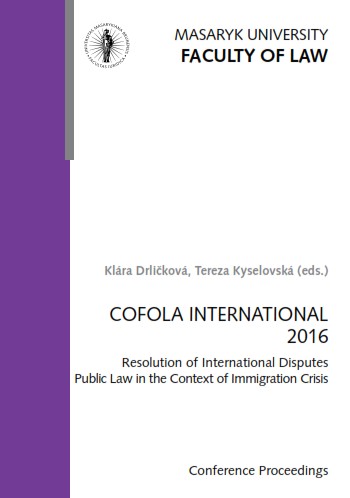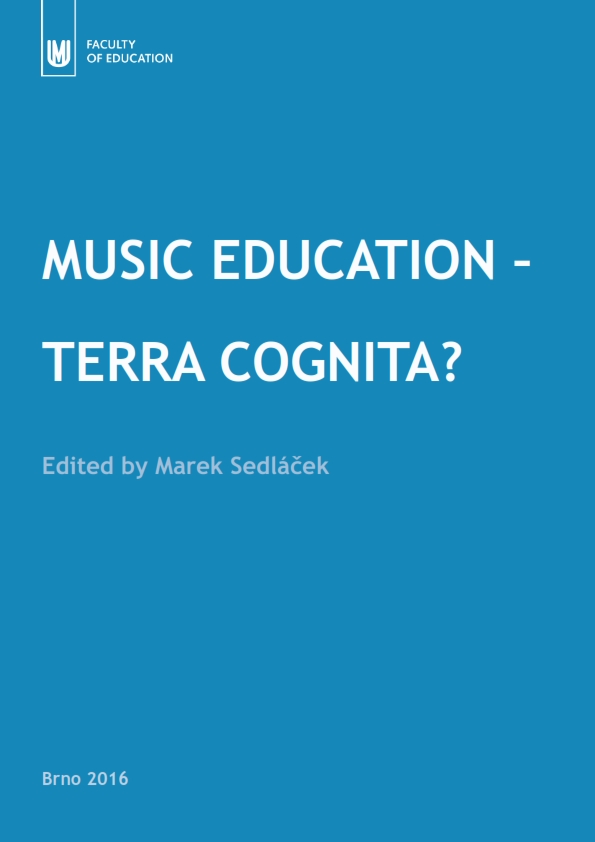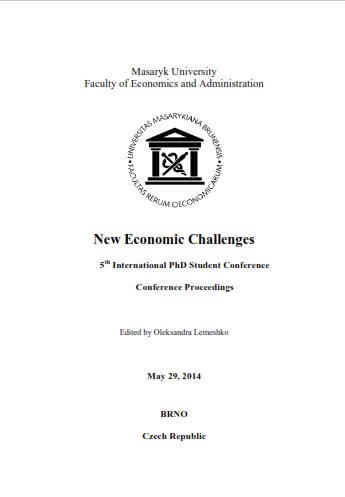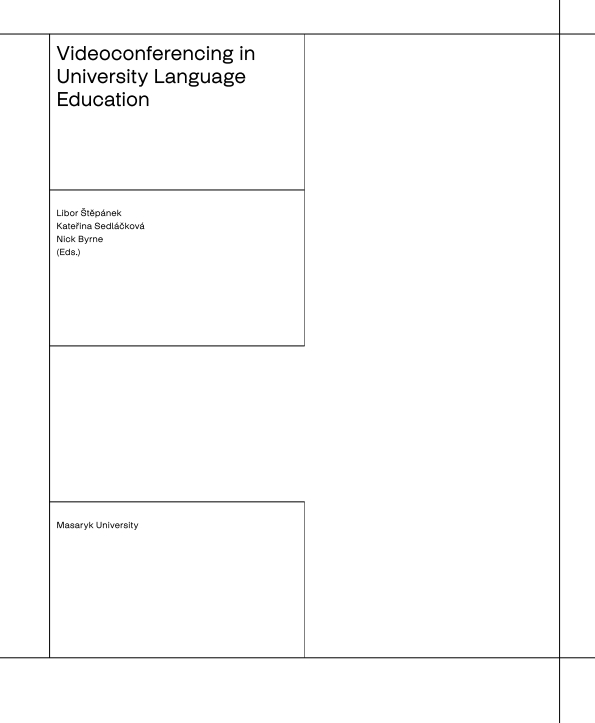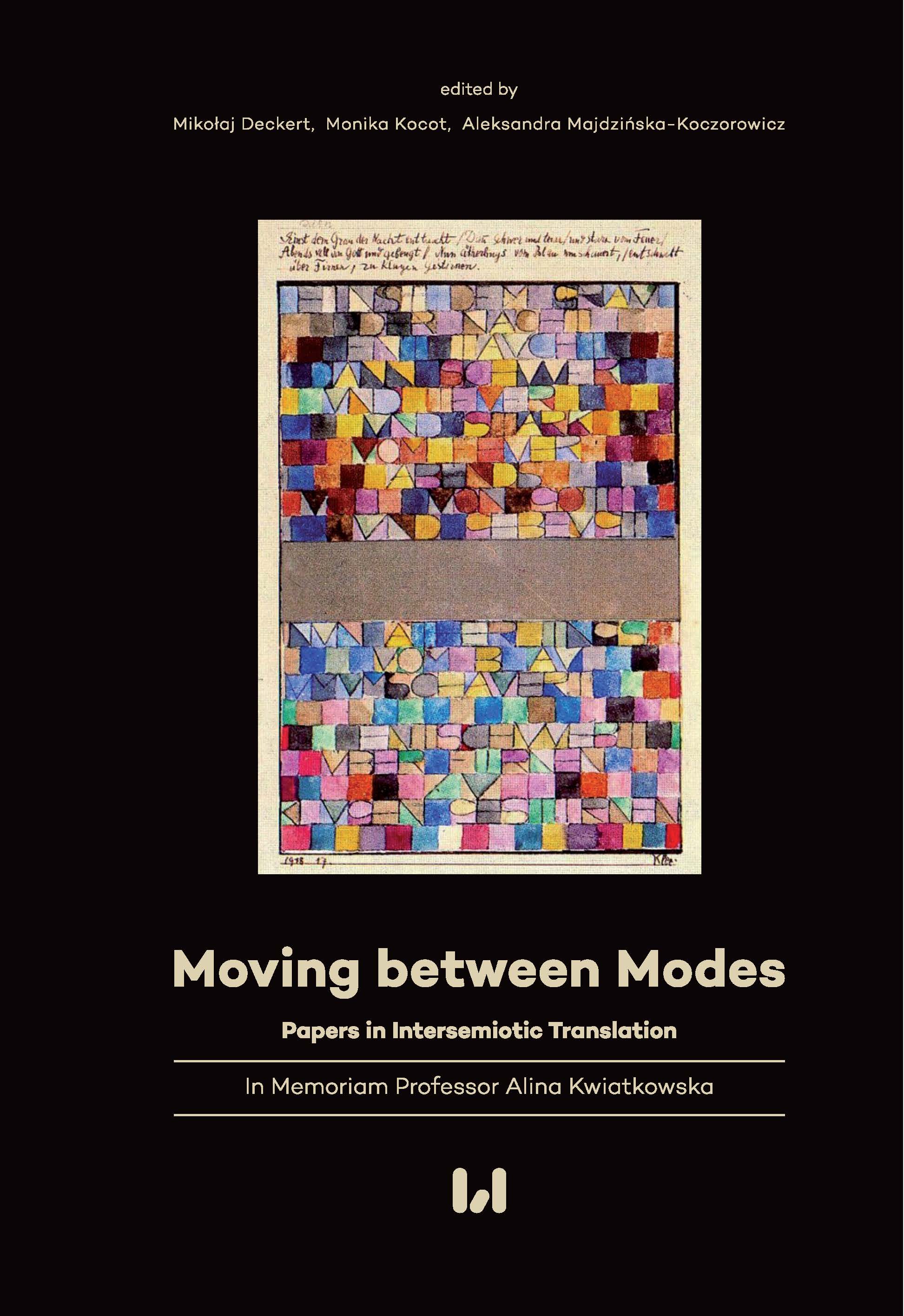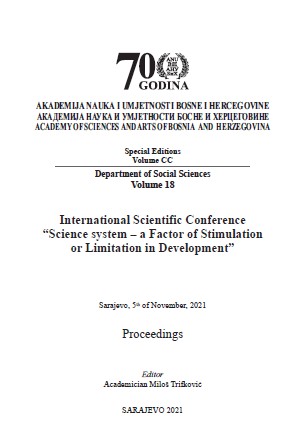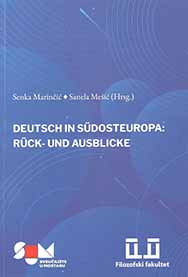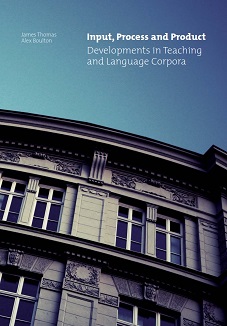
How people use words to make meanings: Semantic types meet valencies
How people use words to make meanings: Semantic types meet valencies
Keywords: norms of usage; phraseology and meaning; patterns of word use; corpus analysis; creative exploitations of normal word use;
This paper proposes that meanings in text are both created and understood by matching actual text occurrences (or creations) against patterns of usage stored in the brain. A ‘pattern’ in this sense has two elements: valency, which is comparatively stable, and one or more sets of preferred collocations, which are highly variable. To understand collocations, we draw on prototype theory developed by the cognitive scientist Eleanor Rosch (1973a, 1973b), its philosophical counterpart developed by the philosopher Hilary Putnam (1970, 1975a, 1975b), and the linguistic insights of John Sinclair (1966, 1987, 1991, 2004). Collocates are grouped into lexical sets according to their semantic type, using the Generative Lexicon theory of James Pustejovsky (1995). Corpus pattern analysis shows that each word habitually participates in only a comparatively small number of patterns, and that most patterns are unambiguous in their interpretation. This yields a new theory of language use – a ‘double helix theory’ called the theory of norms and exploitations ( Hanks in press). This argues that language use is governed by not one but two interactive sets of rules: a set of rules for using words normally and a set of rules for exploiting the norms creatively.
More...
